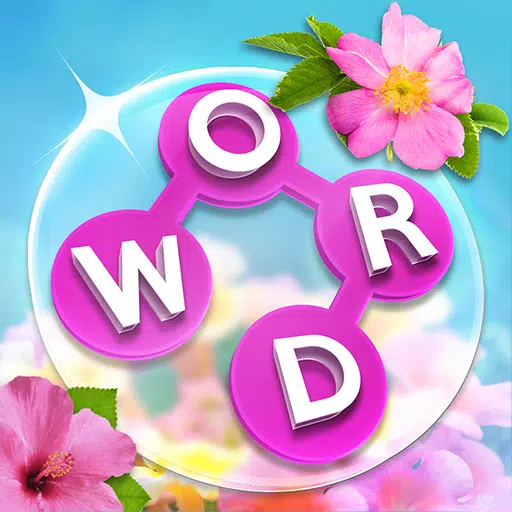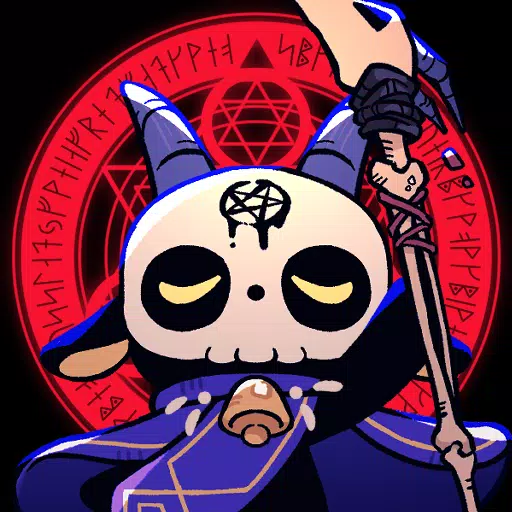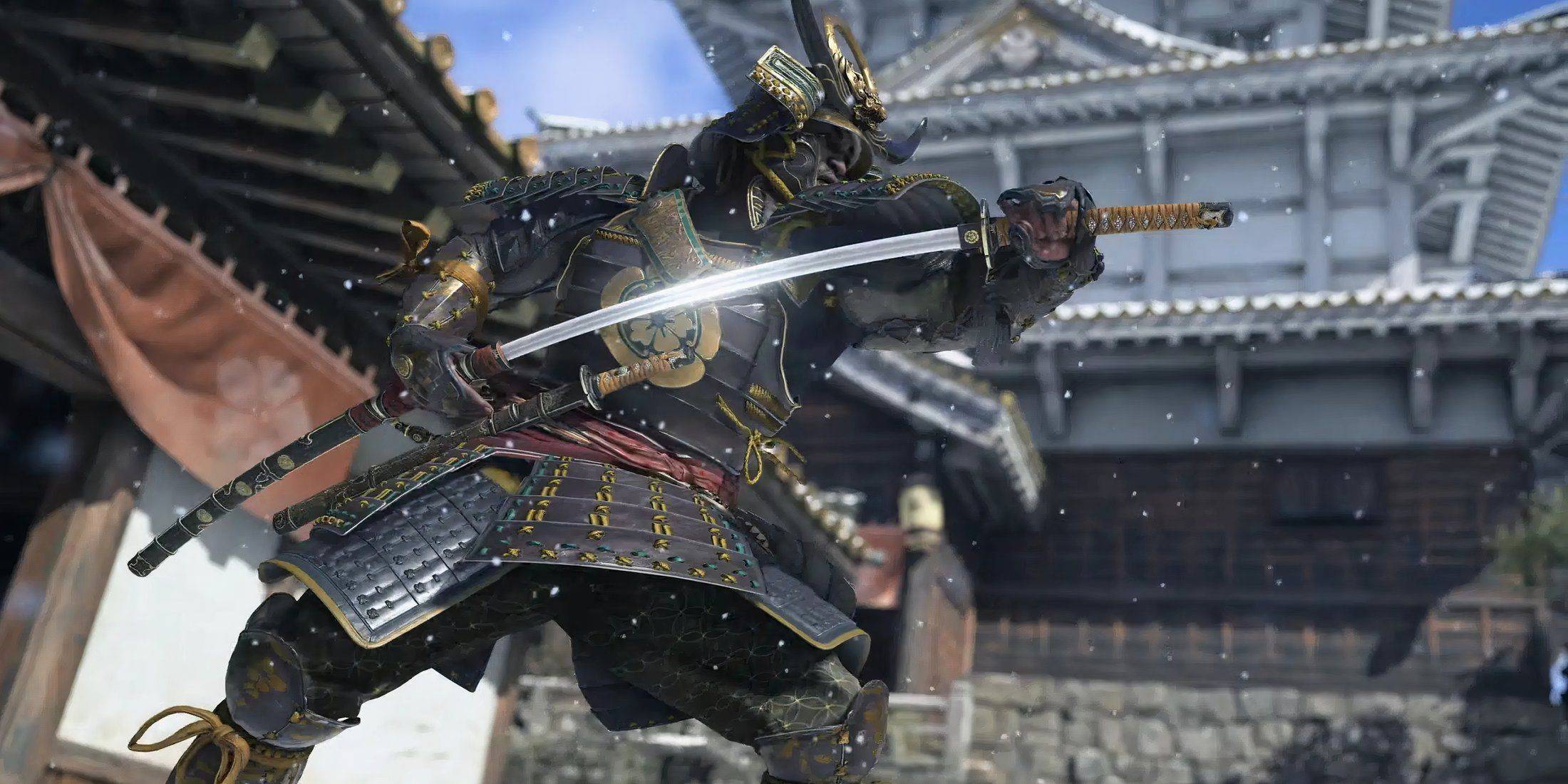The Yakuza/Like a Dragon series, while expanding its appeal to younger and female players, remains committed to its core identity: middle-aged men engaging in relatable middle-aged activities.
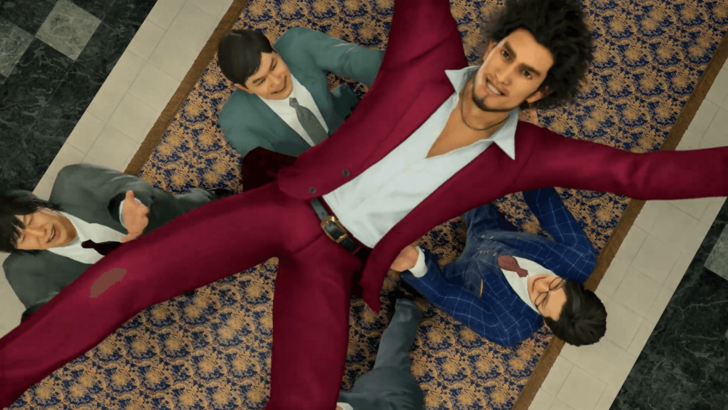
Maintaining the "Middle-Aged Dude" Focus
The series' director, Ryosuke Horii, acknowledges the influx of new female fans but emphasizes the intention to avoid altering the series' core themes to cater to this broader audience. The charm, according to Horii and lead planner Hirotaka Chiba, lies in the authenticity of the middle-aged male perspective, mirroring their own experiences. Ichiban Kasuga's quirks, from his Dragon Quest obsession to his complaints about back pain, are seen as integral to the series' originality. The relatable struggles of these characters contribute to the game's immersive quality.
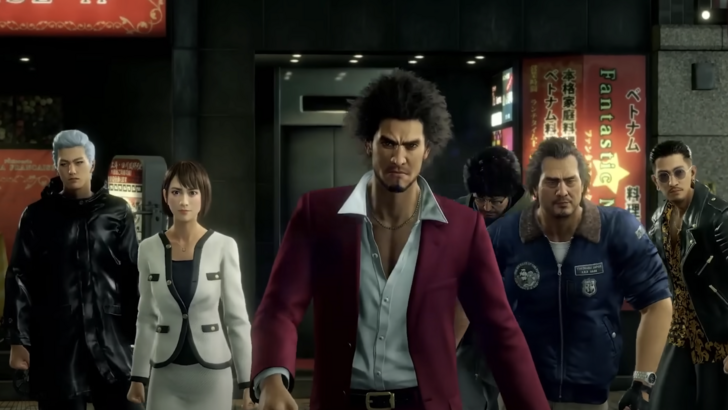
Series creator Toshihiro Nagoshi previously expressed surprise at the increase in female players (approximately 20%) but reaffirmed the game's primary design for a male audience, emphasizing a cautious approach to avoid compromising the intended vision.
Concerns Regarding Female Representation
Despite the series' success, criticism persists regarding its portrayal of women. Some fans argue that female characters often fall into stereotypical roles, lacking depth or agency, and are subjected to objectification and sexist remarks from male characters. The prevalence of the "damsel in distress" trope, exemplified by characters like Makoto, Yuri, and Lilly, further fuels these concerns. Even in Like a Dragon 7, the limited female representation and the persistent use of suggestive comments by male characters towards female characters are cited as issues.
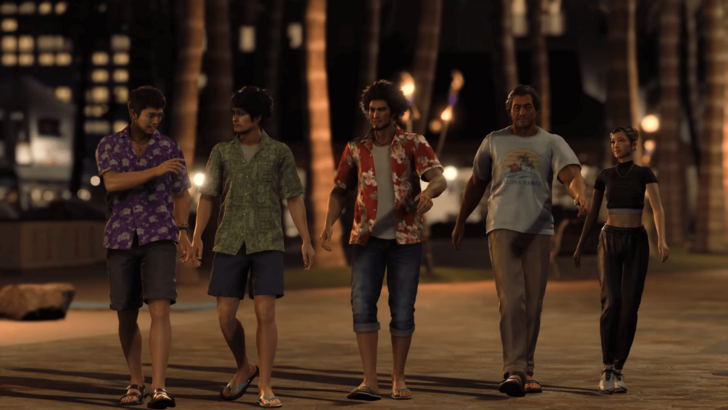
Chiba acknowledges, albeit humorously, the continuation of scenarios where female characters' conversations are interrupted and steered towards male-centric topics, hinting at the persistence of this dynamic.
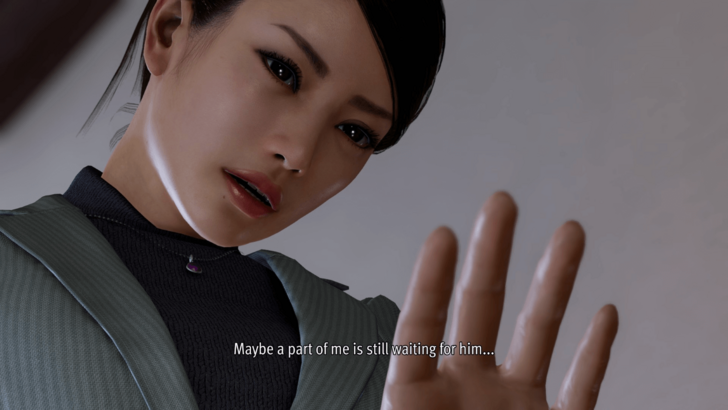
Progress and Future Outlook
While acknowledging past shortcomings, the series has shown signs of progress in recent installments. Like a Dragon: Infinite Wealth, lauded by Game8 with a 92 score, is considered a step forward, demonstrating a balance between honoring the franchise's legacy and charting a new course. However, the ongoing debate highlights the ongoing tension between maintaining the series' established identity and addressing criticisms regarding its representation of women.
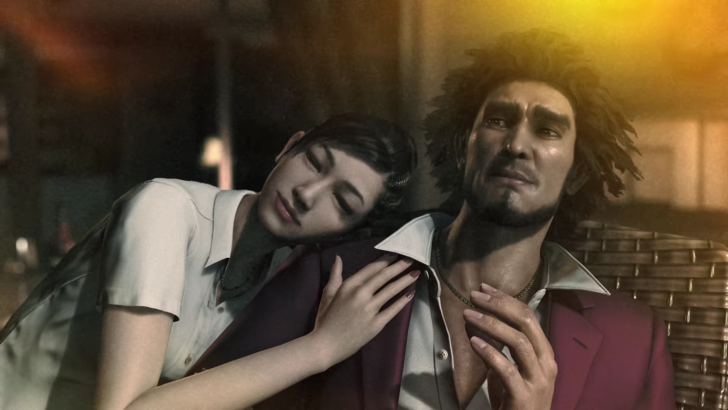
 Home
Home  Navigation
Navigation






 Latest Articles
Latest Articles
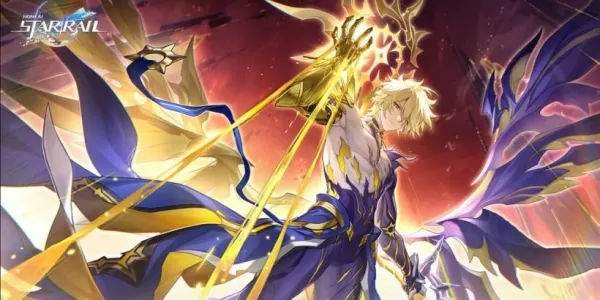





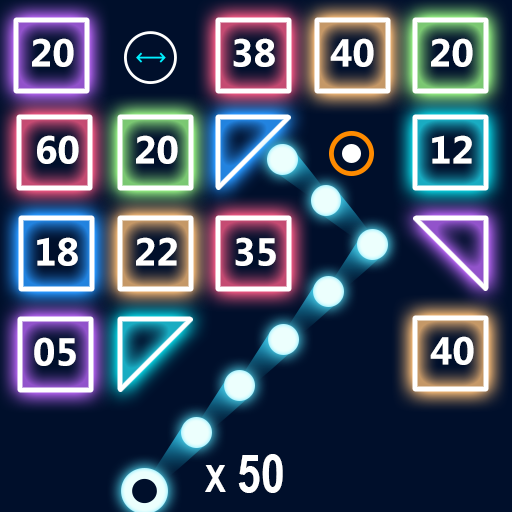



 Latest Games
Latest Games


